Australians demand refugees held on Nauru, Manus be brought to country
Thousands of people have taken to the streets in the Australian cities of Sydney and Melbourne in protest at the government’s anti-refugee policy, demanding asylum seekers, held in squalid camps on remote islands of Manus and Nauru, be brought to the country.
Demonstrators rallied against the policy of the federal government, which left hundreds of refugees and asylum seekers in squalid conditions in detention centers on the islands.
Many have unlawfully held in indefinite detention on the islands, for up to nine years without charge, according to the United Nations.

An asylum seeker told the rally in Melbourne that he, and those with him, in detention camps, had experienced five years of suffering and hopelessness.
“We need action. We need to move away from this state of limbo,” he said.
Reports of catastrophic mental and physical health conditions experienced by refugees, especially children, have brought Prime Minister Scott Morrison under immense pressure to bring sick children and their families to the country.
The Australian Medical Association (AMA) wrote a letter to Morrison last month, “demanding a change of policy” in recognition that the situation on Nauru is now “a humanitarian emergency requiring urgent intervention.”
It called on the prime minister to change the policy he presided over as a former immigration minister, and urged Morrison to facilitate access to Nauru for a delegation of Australian doctors to assess the health and wellbeing of the detainees.

Some 30 children arrived in the country with their families for urgent medical care in the past two weeks, most by court order or under a court-facilitated agreement.
A coalition of human rights organizations, charities and social welfare groups has launched a campaign on the social media –#kidsoffnauru – to put more pressure on the government to bring children into the country.
Other humanitarian organizations, including the UN Refugee Agency and Doctors Without Borders, argued that the campaign does not go far enough and that everyone, including single adults, had to be evacuated.
Under the government's anti-refugee policy, Australia has refused to resettle any asylum seekers who try to reach its shores by boat. Instead, it pays the Papua New Guinea and the Pacific island nation of Nauru to house them in camps.
The United Nations (UN) Human Rights Committee has on several occasions expressed concern about the refugees’ physical and mental well-being on Nauru, citing instances of assault, sexual abuse, self-harm, and suspicious deaths.
The Australian government has stopped publishing data on the number of refugees held in the centers. Refugee advocates estimate 600 people are detained on Manus and a further 500 on Nauru.
Last October, asylum seekers at Manus said the camp officials exited the Australian-funded facility and abandoned all the refugees there after a Papua New Guinea court had declared the camp illegal. While the Papua New Guinea government said Australia was responsible for the fate of the detainees, Australian officials took no action to resettle the individuals, and security guards just left.
Diplomacy and deterrence: Iran focused on reaching nuclear deal – without compromise
British Museum faces backlash for eliminating references to ‘Palestine' from displays
Global outage hits X users: Thousands report access issues
US warship seizes second Venezuelan oil tanker in Indian Ocean
VIDEO | IRGC Navy holds 'Smart Control of Strait of Hormuz' military drills
Explainer: Jaam-e Jam 1 – Iran’s giant leap into geostationary orbit and a new broadcasting era
Iran says entered talks with US with 'result-oriented approach'
Iran FM, IAEA chief meet in Geneva ahead of new round of indirect talks with US


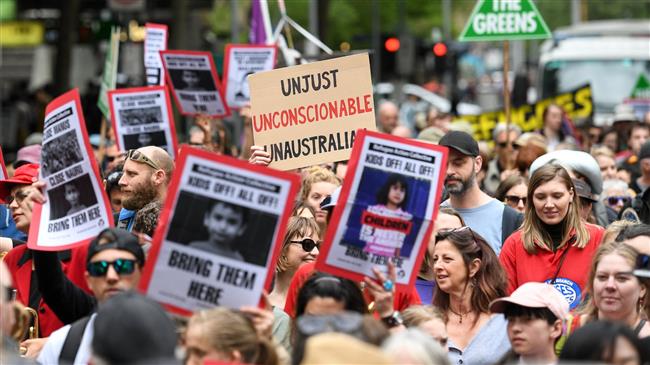
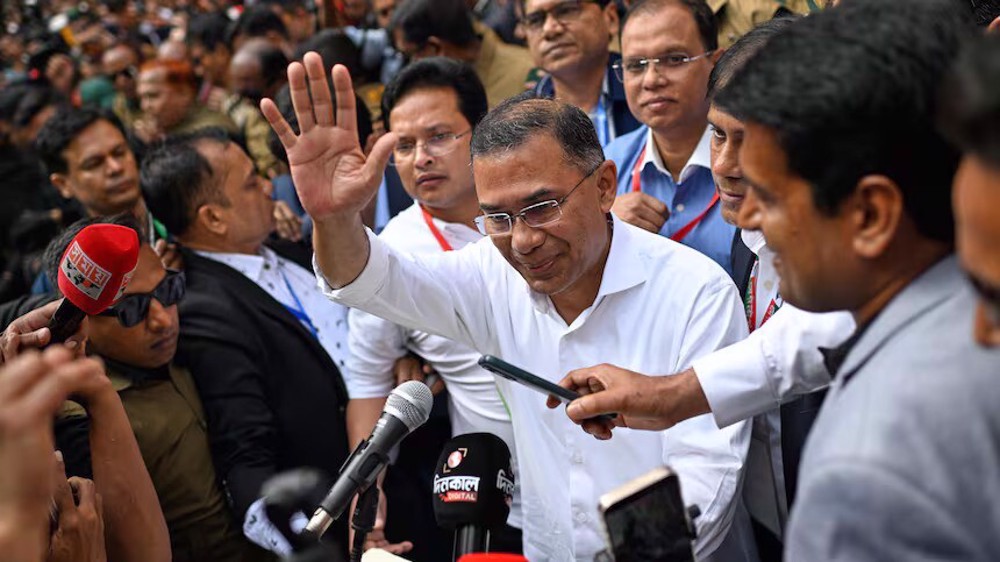
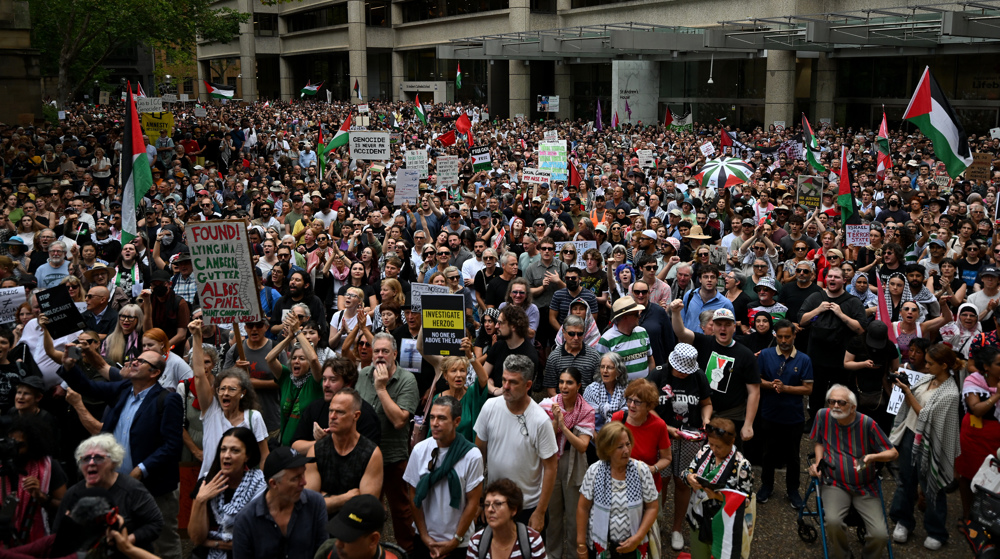
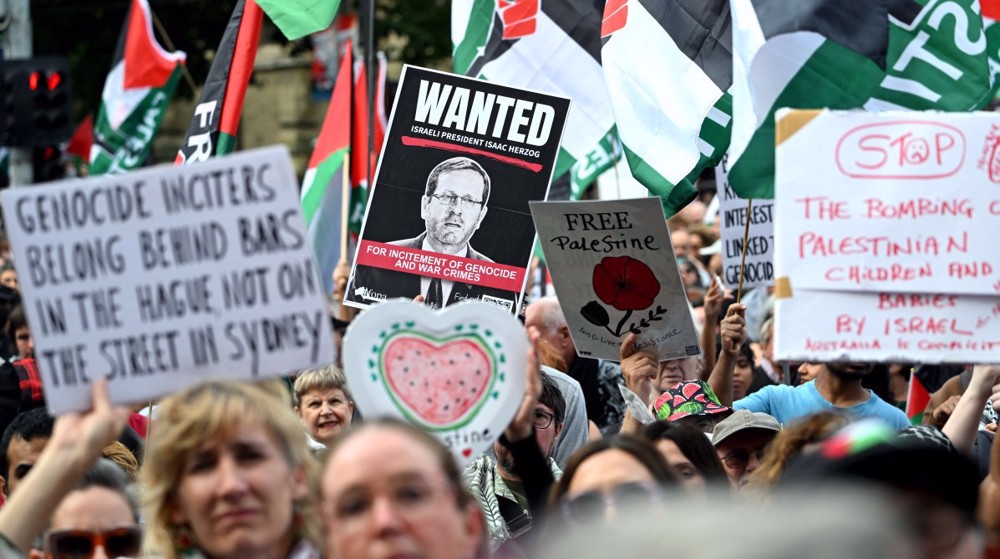



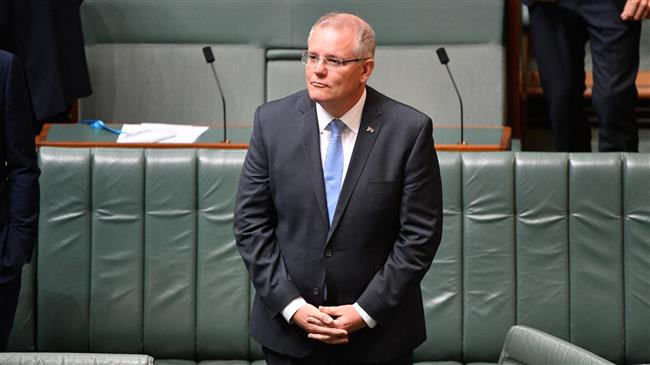
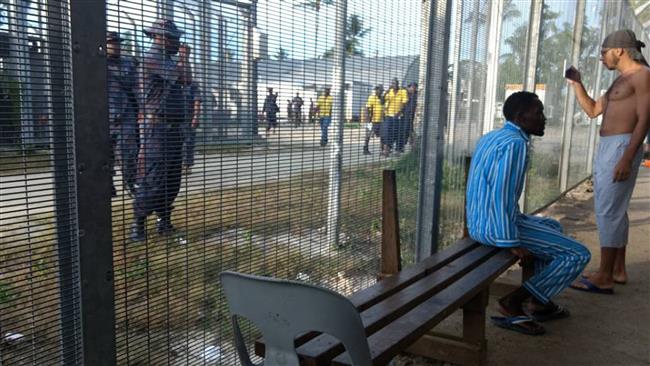

 This makes it easy to access the Press TV website
This makes it easy to access the Press TV website